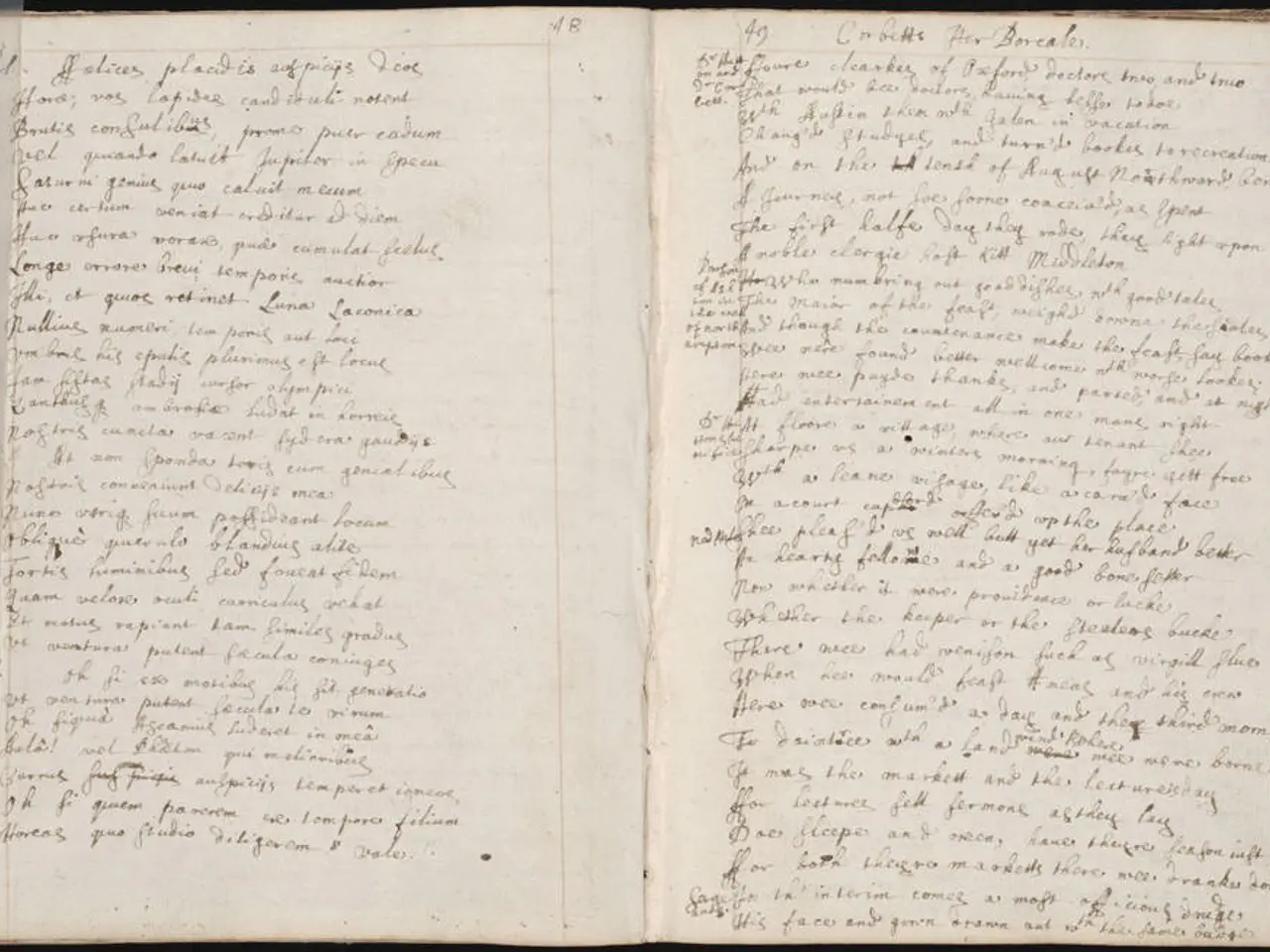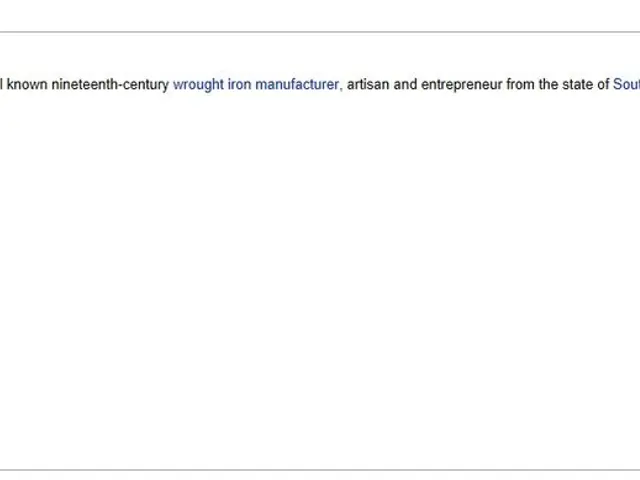Notable and Timeless Insights from Maya Angelou, Expressed in Her Distinct and Memorable Words
Maya Angelou, the acclaimed author and poet, gained widespread recognition in 1969 with the publication of her memoir, I Know Why the Caged Bird Sings. The book, which offers a candid exploration of racism, identity, and sexual violence, has been a subject of controversy, particularly in schools.
Over the years, I Know Why the Caged Bird Sings has been banned or challenged due to its explicit content, which includes descriptions of sexual abuse, rape, and racism. These themes have sparked debates about censorship and the need to address harsh social realities through literature.
Recently, the book has been removed from numerous school libraries amid censorship campaigns, such as those in Florida in 2025. State education officials and some school boards have characterized it and other titles as “patently pornographic” or inappropriate because of content involving sexual themes, even when no formal complaints had been filed by parents or the public.
Legal and advocacy groups have challenged such removals, arguing that banning I Know Why the Caged Bird Sings violates First Amendment rights by limiting students' access to diverse perspectives and infringing on authors' freedom of speech. These arguments highlight the tension between protecting minors from certain content and upholding the freedom to read important works of literature that explore complex social issues.
Angelou's literary contributions extend beyond I Know Why the Caged Bird Sings. She wrote six more autobiographies, three books of essays, several books of poetry, plays, screenplays, and two cookbooks. One of her most famous poems, "I'm a woman / Phenomenally / Phenomenal Woman / That's me," is a celebration of womanhood that won a Grammy for Best Spoken Word or Non-Musical Album in 1994.
Angelou's influence continues to be felt today. Judge Ketanji Brown Jackson quoted Angelou at the White House after her recent Supreme Court confirmation. In 1993, Angelou read a poem at the U.S. presidential inauguration, making her the second person ever to do so. The poem she read, titled "On the Pulse of Morning," emphasized themes of unity, optimism, and courage.
Despite the controversies surrounding I Know Why the Caged Bird Sings, Angelou's legacy endures. She had a reputation for not tolerating racist or homophobic jokes or comments and led by example in cultivating joy and helping others. Her sales increased in the wake of the inauguration, and she earned dozens of honorary degrees, a Presidential Medal of Freedom, and a lasting legacy that continues via class curricula, contemporary Black feminist writers, and internet memes.
References: 1. The Guardian 2. American Library Association 3. School Library Journal 4. The New York Times 5. The Washington Post
The controversy surrounding Maya Angelou's book, I Know Why the Caged Bird Sings, has raised questions about censorship and the freedom to explore complex social issues through literature, with money being a factor as the book's removal from school libraries has impeded students' access to diverse perspectives. Despite the book's explicit content and occasional bans, Angelou's literary works, including her poetry and memoirs, have continued to be celebrated and influential, with her poems like "I'm a woman... Phenomenal Woman" winning awards and being performed at significant events such as the U.S. presidential inauguration.








